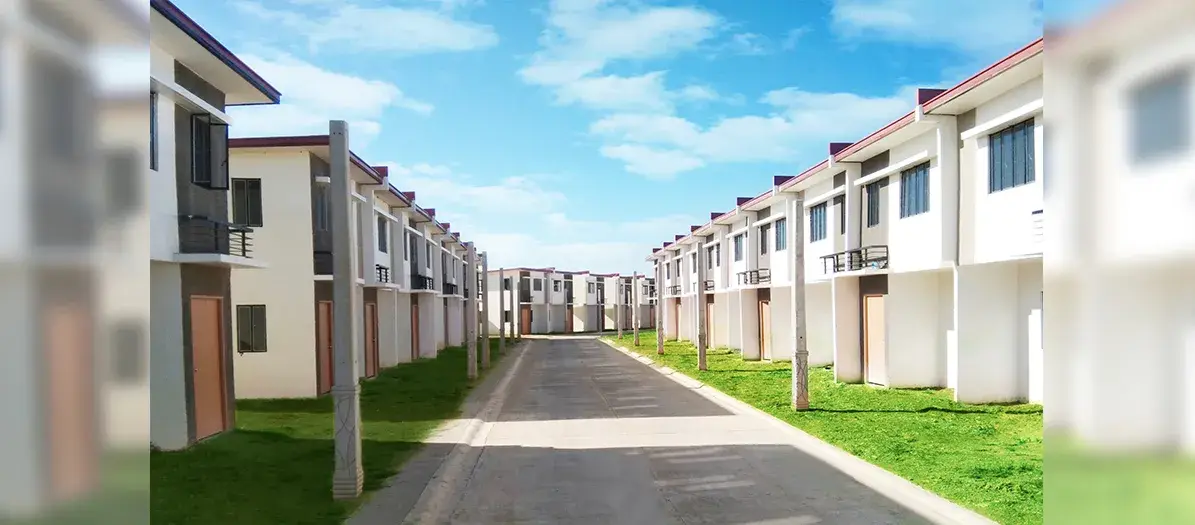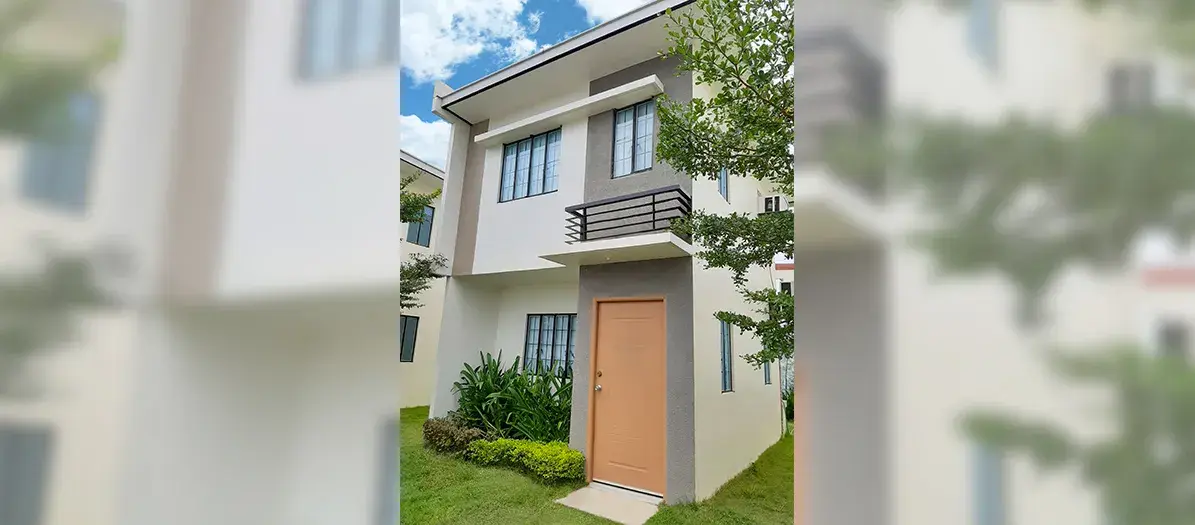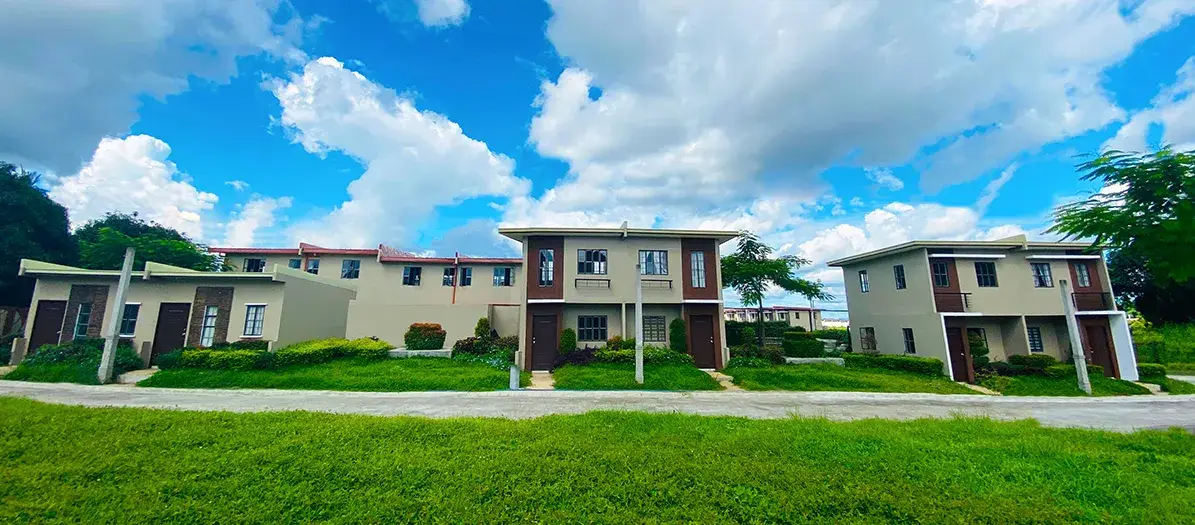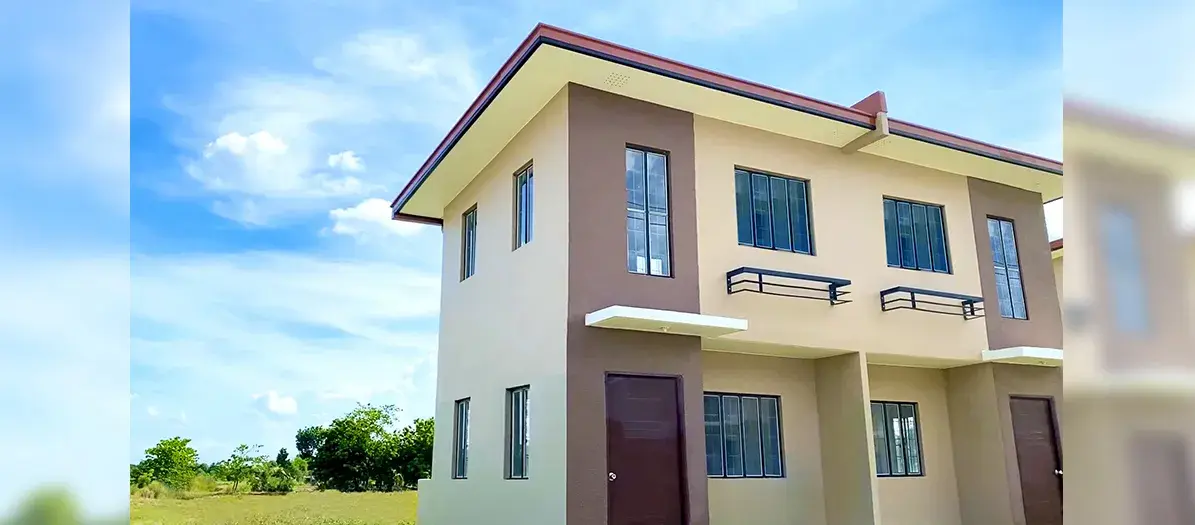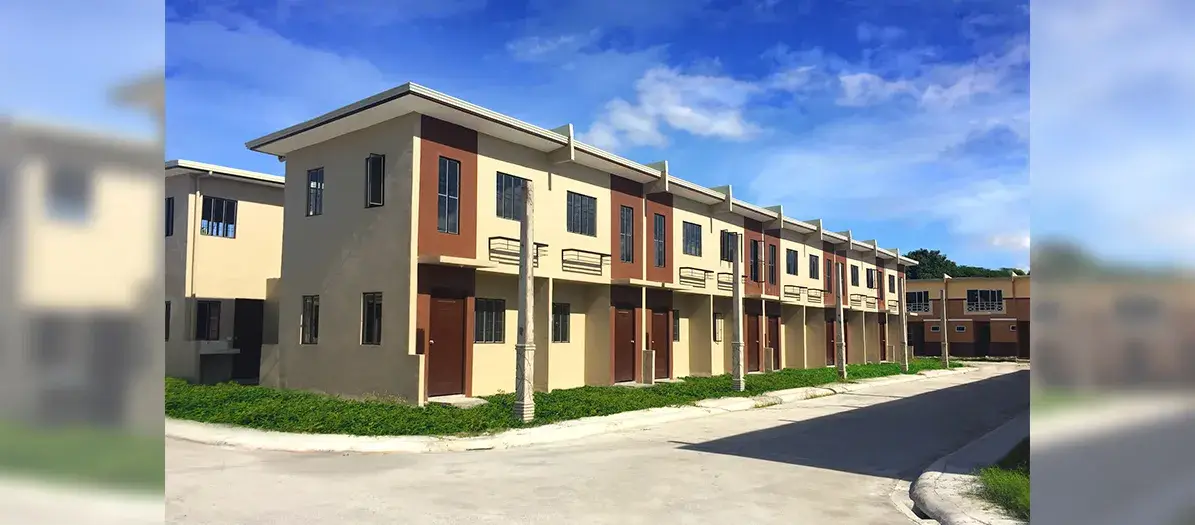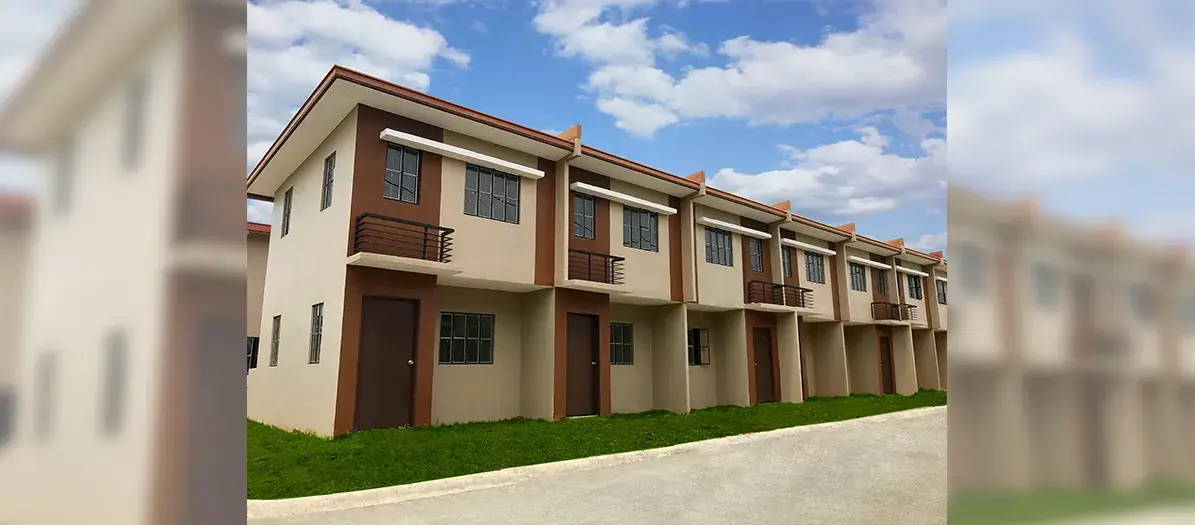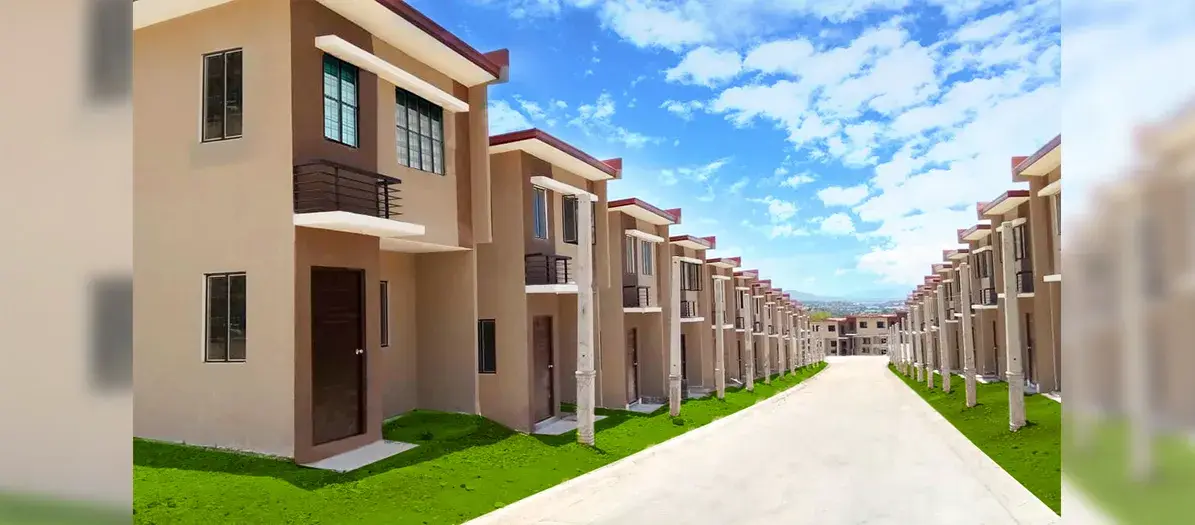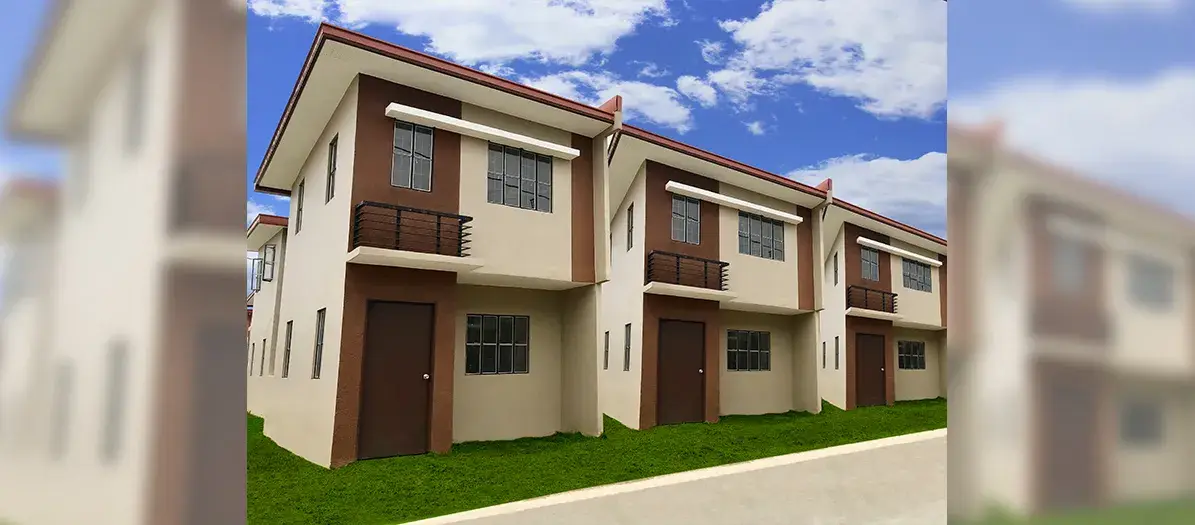Smart Home vs. Regular Home: The Battle of Security and Efficiency
20 April 2023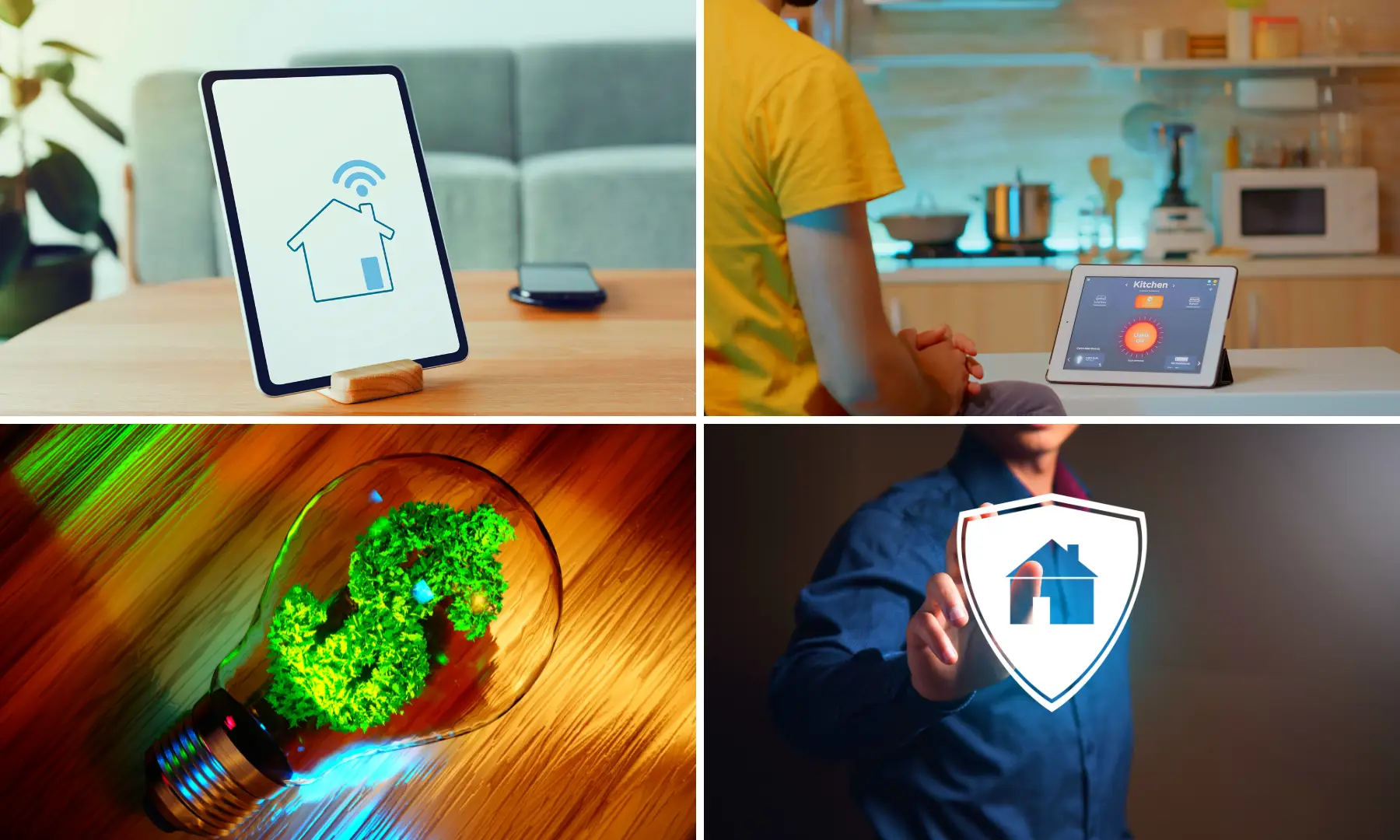
Thinking about upgrading your home with a smart home system, but not sure if it's worth the investment? With the rising popularity of these cutting-edge systems, it's a question that's on many homeowners' minds. Upgrading to a smart home system offers significant benefits over a regular home. Smart homes are equipped with internet-connected devices that allow remote control and monitoring of various aspects, providing greater convenience, energy efficiency, and security. It is an investment that can potentially save homeowners money on energy bills and increase the value of their homes.
Indeed, smart home technology can come with a hefty price tag, and you'll want to make sure you're getting your money's worth. But don't worry, Lumina Homes is here to help! We've listed some of the benefits of switching to a smart home to help you make a sound decision. After all, it's an ideal investment you can do aside from purchasing an affordable house and lot for you and your family. Also, if you're still on the lookout for an affordable house and lot for sale, Lumina Homes have plenty of surely affordable real estate assets for you. Get in touch with our accredited sellers and reserve yours today!
While a smart home can offer more automation, energy efficiency, security, and customization, it can come with a higher initial cost and ongoing maintenance. Regular homes may be less expensive initially but may require higher energy bills and ongoing maintenance costs. Overall, smart home automation and adding smart home systems offer more modern conveniences and flexibility, while a regular home is more traditional and maybe a more cost-effective option.
What Is a Smart Home? Understanding the Basics of Home Automation
A smart home is a house or apartment that uses internet-connected devices to automate and remotely control a variety of aspects of the home, such as lighting, temperature, security, entertainment, and appliances. These devices are often referred to as "smart" because they are equipped with sensors, microprocessors, and wireless communication technology, allowing them to collect data, communicate with each other, and respond to user commands.
The devices used in a smart home can include smart thermostats, lighting, door locks, security cameras, appliances, entertainment systems, and more. They are typically controlled through a central hub or app on a smartphone or tablet. With a smart home, homeowners or renters can remotely monitor and control various aspects of their home from anywhere, using their smartphone or other internet-connected devices.
Smart home appliances are a crucial component of a modern home, providing several benefits. They are energy-efficient, reducing power consumption and saving homeowners money on their bills. Smart home devices, such as thermostats and lighting, are equipped with advanced sensors that adjust automatically, optimizing energy usage. Moreover, smart home features, such as security cameras and smart locks, enhance the security of the home and can be remotely controlled, providing greater convenience and peace of mind.
Smart Home Hubs for Your Connected Home
Smart home hubs are central control units that connect and manage all the smart devices in a home. They allow homeowners to control and automate different devices, such as lighting, thermostats, locks, and entertainment systems, from a single location. Smart home hubs use various communication protocols, such as Wi-Fi, Bluetooth, Zigbee, or Z-wave, to connect with smart devices and control them through a mobile app or voice commands.
They also enable the creation of routines and schedules to automate tasks and save time. Smart home hubs provide a convenient and efficient way to manage a smart home and are an essential component of a modern smart home system.
The Future of Smart Technology: Enhancing Convenience, Comfort, and Security in Our Homes
Smart technology has greatly improved our daily lives by offering us added convenience, comfort, and security within our homes. With the ability to control appliances and devices from a smartphone or tablet, we can easily adjust the temperature, and lighting, and even lock doors remotely. This technology also promotes energy efficiency by automatically turning off appliances that are not currently in use, such as lights and electronics, thus saving us money on our utility bills.
Smart home technologies like smart thermostats, smart lights, alarm systems, smart home security cameras, smart LED bulbs, and smart home security are revolutionizing the way homeowners manage their energy consumption. For instance, a smart thermostat can learn your heating and cooling preferences and adjust accordingly, ensuring that energy is used more efficiently. Smart light bulbs, on the other hand, can be programmed to turn off when not in use or to dim when natural light is available. There are also smart appliances that work the same way. Smart security systems can also provide added protection, with alerts sent directly to your mobile device when motion is detected.
However, it's important to note how smart homes perform. It is best when they have a stable internet connection. Home automation systems require a consistent connection to operate at their fullest potential. Indeed, smart home technologies are an excellent way to reduce energy costs while also improving home security. With so many options available, homeowners can easily customize their smart home to suit their needs and lifestyle. By investing in these technologies, homeowners can take control of their energy consumption and help create a more sustainable future.
Is It Worthy to Switch to a Smart Home?
1. Convenience
A smart home can offer a high level of convenience, allowing you to control various aspects of your home from your smartphone or other internet-connected devices. In particular, you can use voice commands to turn off the lights in a room or adjust the temperature on your thermostat without leaving your couch. Smart devices can also learn your preferences and adapt to your routines, such as turning on the coffee maker at a certain time each morning.
2. Energy savings
One of the benefits of a smart home is that it can help you significantly in saving energy as well as money on your utility bills. Smart devices such as thermostats, lighting, and appliances can be programmed to adjust to your schedule or automatically turn off when not in use, reducing wasted energy. Additionally, smart home systems can monitor your energy usage and provide feedback on how you can make changes to improve efficiency.
3. Security
Smart home technology can help you enhance your home security by providing you with remote access to surveillance cameras, alarms, and door locks. You can monitor your home from anywhere, receive alerts on your phone, and even lock or unlock your doors remotely. Some smart home systems also integrate with security companies for added protection.
4. Cost
The cost of turning your home into a smart home can vary depending on the devices you pick and the complexity of the installation. Some devices are relatively inexpensive, such as smart light bulbs or plugs, while others, such as smart thermostats or security systems, can be more costly. Additionally, you may need to factor in installation costs if you're not comfortable setting up the devices yourself.
Whether turning your home into a smart home is a sound decision, it depends on your individual needs and priorities. If you value convenience, energy efficiency, and security, and are willing to invest in the certain devices and installation, then a smart home can be a worthwhile investment.
Indeed, deciding on whether you should automate your home or opt for a traditional one can put you in a tough spot. However, owning a house and lot in the Philippines shouldn't be your problem. Take the first step towards homeownership today! Our accredited sales agents are ready to assist you in finding the perfect house and lot for sale in one of our many projects across the Philippines.
Loan Calculator
Try Lumina Homes' loan calculator and get an estimate computation for your preferred Lumina property and home model.

